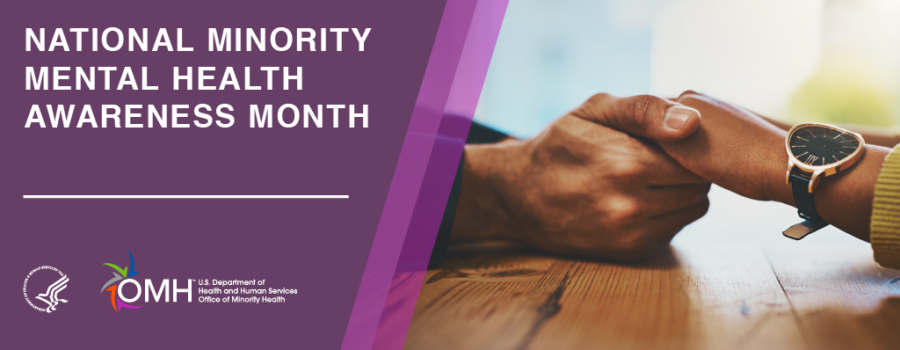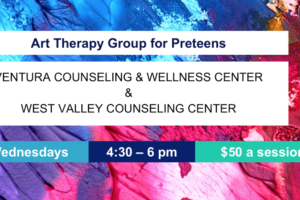July might be the time when we celebrate our nation’s independence. But it’s also a reminder that when it comes to equity for all, we still have room for improvement. To help there, the Department of Health and Human Services (HHS) names it National Minority Mental Health Awareness Month.
This month-long commemoration is an important reminder. While mental health should be something all people take seriously for themselves, minority groups warrant special attention. We’ll dig more into the statistics, but the big issue here is that people in minority groups are generally less likely to get mental healthcare when they need it.
This National Minority Mental Health Awareness Month, we want to call that out. At the same time, let’s talk about what we can do to change it.
What we should all know this month
The HHS looked into mental healthcare needs and rates among racial and ethnic minorities. They found that, compared to people in the white majority group,:
- People indigenous to the continental U.S. and Alaska are 70% less likely to receive mental healthcare
- Black Americans are half as likely to have had any mental healthcare in the last year
- For every one Asian American getting mental healthcare, roughly three white Americans receive treatment
- Hispanic Americans are less than half as likely to get mental healthcare than white Americans
- Pacific Islanders and Native Hawaiians are three times less likely to get mental healthcare
This is just skimming the surface. Want to look more into the rates of care, plus the specific mental health challenges that are most prevalent in certain communities? We’ll point you to the American Psychiatric Association (APA)’s studies.
Getting help when you need it
Evidently, there’s a gap. As we look at the stats, anyone can see that people in minority groups are less likely to get the help they need. But National Minority Mental Health Awareness Month gives us a chance to change that.
Let’s start by acknowledging that it’s okay to need help. Life is challenging, but it can be especially difficult for people facing the systemic racism we see across America. Layer on a pandemic, and it’s no surprise that a lot of us could use some extra support.
It’s also an important time to remind us all that mental health needs attention just like our physical health. You probably wouldn’t let an unexplained pain or a lingering cough go unchecked by your doctor. In the same way, if your mental health has been suffering, it warrants a conversation with a mental health professional.
We also want to remind you that in the same way you don’t cause arthritis or a cold, you don’t cause anxiety, depression, post-traumatic stress disorder (PTSD), bipolar disorder, or any other mental illness. It’s a health condition — and that means it’s treatable.
We can help. Does National Minority Mental Health Awareness Month have you wondering if you would benefit from mental healthcare? If so, get in touch with our team of therapists today. We can talk with you and help you figure out the best option for your specific needs.





